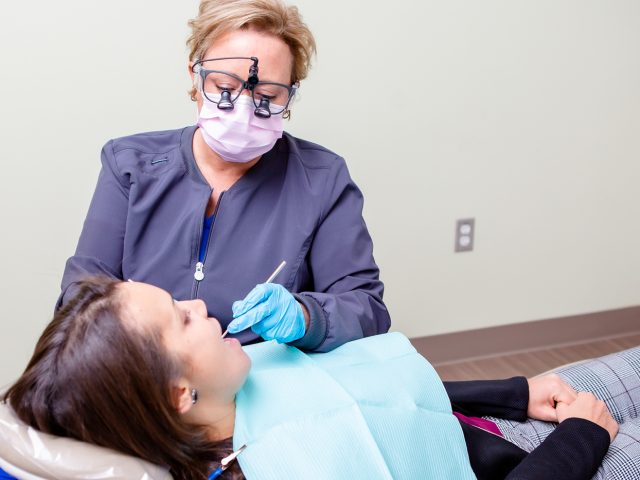In recent years, dental implants have revolutionized the field of dentistry, offering patients a long-term solution for missing teeth that not only restores function but also enhances oral health and overall well-being. The relationship between dental implants and oral health is a multifaceted one, encompassing biomechanical, physiological, and psychological aspects. In this comprehensive guide, we delve into the intricate interplay between dental implants and oral health, shedding light on their profound impact on patients’ lives.
Understanding Dental Implants
Before delving into the relationship between dental implants and oral health, it is essential to understand what dental implants are and how they work. Dental implants are artificial tooth roots made of biocompatible materials such as titanium that are surgically implanted into the jawbone. These implants serve as a sturdy foundation for replacement teeth, which can be individual crowns, bridges, or even full dentures. Unlike traditional dentures or bridges, which sit on the gum line or are anchored to adjacent teeth, dental implants are anchored directly into the jawbone, providing unparalleled stability and functionality.
The Functional Benefits of Dental Implants
One of the primary benefits of dental implants is their ability to restore oral function to a level that is nearly indistinguishable from natural teeth. Unlike traditional dentures, which can slip or cause discomfort while eating or speaking, dental implants offer a secure and stable bite, allowing patients to enjoy their favorite foods with confidence. This enhanced chewing ability not only improves nutrition and digestion but also promotes overall health and well-being.
Moreover, dental implants help preserve the structural integrity of the jawbone by providing stimulation similar to that of natural tooth roots. When a tooth is lost, the underlying jawbone begins to deteriorate over time due to lack of stimulation. This can lead to a sunken facial appearance and further tooth loss. By mimicking the function of natural tooth roots, dental implants stimulate the surrounding bone tissue, preventing bone loss and preserving facial contours.

The Aesthetic Impact of Dental Implants
In addition to their functional benefits, dental implants also offer significant aesthetic advantages. Unlike traditional tooth replacement options, which may look artificial or unnatural, dental implants are designed to closely mimic the appearance of natural teeth. This attention to detail extends beyond the visible portion of the tooth to the gum line, ensuring a seamless and natural-looking smile.
Furthermore, because dental implants are anchored directly into the jawbone, they provide unparalleled stability and support for replacement teeth. This eliminates the need for bulky clasps or adhesives, allowing patients to smile, laugh, and speak with confidence, knowing that their teeth will remain securely in place.
The Psychological Impact of Dental Implants
Beyond their functional and aesthetic benefits, dental implants can also have a profound psychological impact on patients. Tooth loss can take a toll on a person’s self-esteem and confidence, leading to social withdrawal and diminished quality of life. By restoring a natural-looking smile and improving oral function, dental implants can help boost self-confidence and enhance overall quality of life.
Moreover, dental implants provide a long-term solution for tooth loss, offering patients peace of mind and confidence in their oral health. Unlike traditional dentures, which may need to be replaced or adjusted periodically, dental implants are designed to last a lifetime with proper care and maintenance. This longevity provides patients with the reassurance that their smile will remain beautiful and functional for years to come.
Conclusion
In conclusion, the relationship between dental implants and oral health is a symbiotic one, encompassing functional, aesthetic, and psychological aspects. By restoring oral function, enhancing aesthetics, and boosting self-confidence, dental implants offer patients a comprehensive solution for missing teeth that goes beyond mere restoration. As advancements in implant dentistry continue to evolve, the future looks brighter than ever for patients seeking to reclaim their smiles and improve their overall quality of life. Are you looking for more information regarding dental implants and oral health, you may visit PumpItUpMagazine to learn more.
